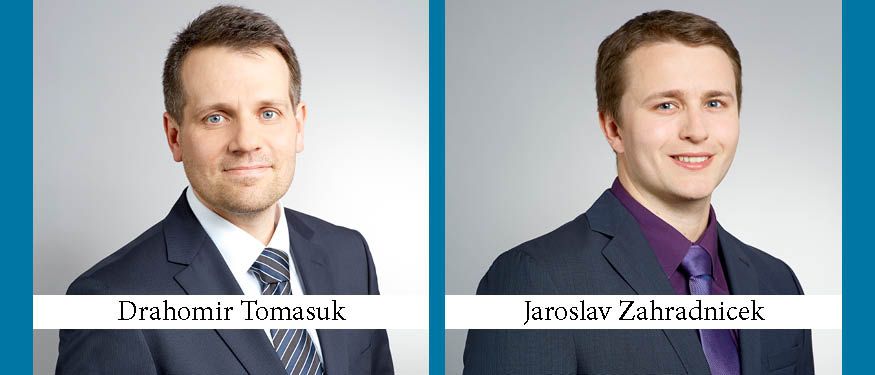Conflict of Rights
Throughout an employment relationship, there are conflicts in almost every activity between the employee’s right to privacy and the employer’s right to require the employee to carry out his/her obligations and to monitor whether such obligations are being fulfilled. This conflict is due to the fact that monitoring an employee’s activities can be considered an intrusion into his/her personal sphere and personal data processing.
It’s not the aim of this article to address all the areas of such intrusions but only the area of electronic communications in the workplace, especially as pertaining to the Internet, e-mails, and similar activities where electronic communication is used.
The definition of “personal data” does not merely include identification data, likenesses, or other unique data about a person, as many mistakenly believe, but also all data that can be related to a person in a manner defined by law.
Legal Regulation
A potential intrusion into an employee’s right to privacy must be assessed from the perspective of several legal regulations. Certain principles are defined in the Czech Civil Code (Section 81 et seq.); however, these are rather general. Specific provisions relating to personal data protection must also be taken into account. These are contained in the Czech Data Protection Act. The main rules, however, are defined in the Czech Labor Code.
The Czech Labor Code provides that an employer may not, without serious reasons related to the special character of the employer’s activities, intrude into the privacy of an employee at the employer’s workplace and common premises by subjecting the employee to open or secret monitoring, tapping and recording of telephone calls, or monitoring of e-mails or of letters addressed to the employee. If there is a serious reason that is related to the special nature of the employer’s activities and which justifies such monitoring mechanisms, then the employer shall be obliged to inform the employee directly on the scope and manner of such monitoring.
Moreover, employees are not permitted to use the employer’s means of production and work, including computer technology, or the employer’s telecommunication equipment for their own personal needs without the employer’s consent. This can be controlled by the employer in an appropriate manner.
When is Monitoring Allowed?
It is not easy to define the conditions under which monitoring is allowed. Completely different conditions may exist for monitoring a night watchman, telephone operator, operator of a nuclear power station, or senior manager.
Each job has its own specific characteristics that must be taken into account in each individual case when assessing the legality of the relevant monitoring instruments. Nevertheless, principles and general rules can be defined in advance. These arise in particular from the Czech Labor Code and Czech Data Protection Act.
Principles
First of all, the purpose of monitoring must be clearly defined; only then can monitoring be assessed as legitimate, and only then can the type of monitoring/controls taking place be distinguished, and finally whether or not the corresponding obligation as contained in the Data Protection Act can be considered fulfilled.
The next principles are subsidiarity and adequacy. The monitoring instruments may be introduced only as an ultima ratio; i.e., if there is any other less intrusive way to inspect whether an employee’s obligations are being fulfilled, it should be preferred. If there is no other option, the monitoring should take place only in an adequate scope.
One of the most important rules is transparency. Only if the employee is aware of the monitoring instruments and is able to create for him/herself a reasonable expectation of the monitoring can such employer’s behavior be considered legitimate. This fully corresponds with the principles embodied in the legal regulation.
Case Law
Decisions by Czech courts relating to employee monitoring are still rather rare. One decision, however, can be found in the Kasalova Pila case. In this case the Czech Supreme Court found that employee monitoring is legitimate where an employee uses his/her employer’s computer for his/her own personal needs (i.e., if he/she was visiting websites for more than 100 hours in a month), despite being forbidden from doing so. The Supreme Court found that it was acceptable to monitor the extent of such usage but not the content.
By Drahomir Tomasuk, Counsel, and Jaroslav Zahradnicek, Advocate, Kocian Solc Balastik
This Article was originally published in Issue 4.2 of the CEE Legal Matters Magazine. If you would like to receive a hard copy of the magazine, you can subscribe here.
